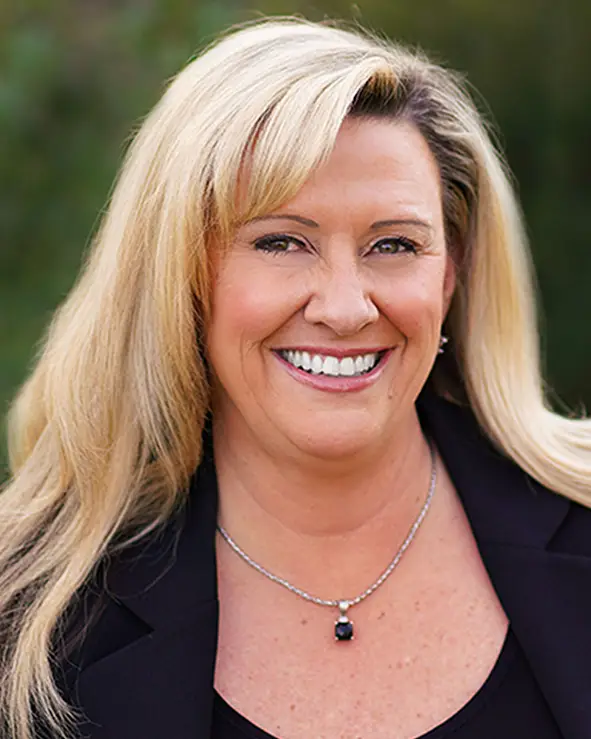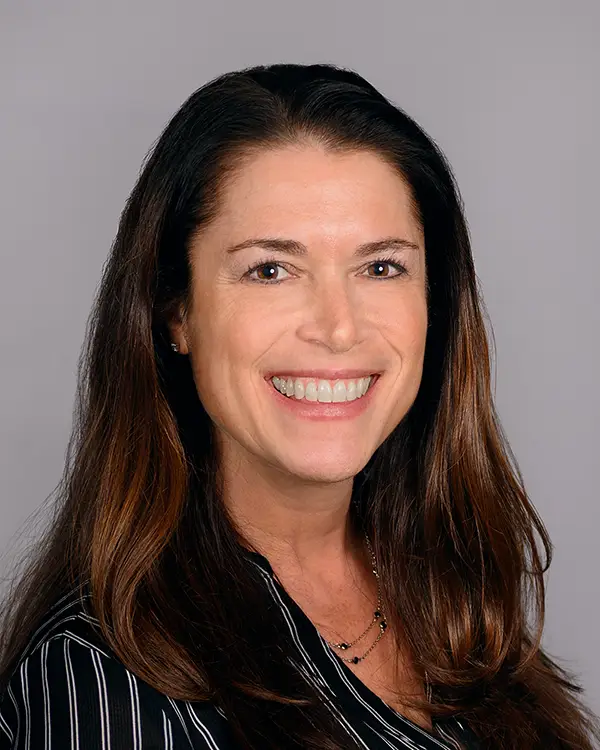UC Berkeley's CCASN Presents:
Our Next Leader!


Featuring:
Carlos Moreno, Co−Executive Director of Big Picture Learning
in conversation with
Dr. Tameka McGlawn, CCASN’s Executive Director
Thursday, June 12
12:00pm–1:00pm PT
Finding Your Leadership Soul, with Courage
Join us for this dynamic “Wire-Side Chat” with two courageous leaders as they explore and share insights on the value of love, care and vulnerability in leading for transformational impact, influence and change in any context and situation.
Collectively we will:
- Explore the important roles that love, care and vulnerability play in fostering a culture of trust and collaboration.
- Examine how transformational leaders learn from recognizing students’ and team members’ strengths and resilience, especially those marginalized by systemic prejudice and socioeconomic circumstances.
- Connect with a courageous leadership and learning community to gain vital insights on empowering and serving team members and students.

CCASN’s Courageous Leadership Series is supported by
UC Berkeley Professional Development Providers (UCBPDP)
Second CCASN Courageous Leadership Event


Featuring Dr. Gilberto Q. Conchas
Thursday, April 10, 2025
12:00 – 1:00pm PT
Designing and Structuring Success for All Students
Join CCASN’s first Executive Director, Dr. Gilberto Conchas for a thrilling and actionable Courageous Leadership Series session!
Collectively we will:
- Explore how change agents create, promote, and expand equitable school environments and transformative pathways to success.
- Examine how leaders and community partners promote student success in the face of existing systemic and racialized hierarchies.
- Connect with a courageous leadership and learning community to gain vital insights on effectively serving youth within all their intersectional identities.
Highlights:
First CCASN Courageous Leadership Event
Shifting from Agents of Compliance to Architects of Equity
The first event in the Courageous Leadership Series explored how school and district scheduling teams can become “Architects of Equity,” with renowned equity leaders and school scheduling experts Cheryl Hibbeln and Dr. Lori Rhodes.
Authors of Equitable School Scheduling, Cheryl and Dr. Lori stressed the value of making the master schedule process a tool for equitable systems change and featured the shifts in mindsets that lead to changed practices and more equitable outcomes. They presented practical examples from districts working to change a technical approach to a collaborative, strategic approach centering equity.
Featured Highlights from Architects of Equity
From Courageous Participants
- Courageous Leaders asked about strategies for specific scheduling challenges, such as equitably incorporating dual enrollment, and the specific needs of English learners and students with IEPs.
- Courageous Leaders inquired about how to structure common planning time, especially for interdisciplinary pathway programs.
- Courageous Leaders discussed effective counseling practices that impact students’ access to equitable programs of study.
From Courageous Presenters
Centering the needs of historically marginalized students requires a commitment to changing deeply rooted policies and practices, Cheryl and Dr. Lori explained. They suggested six areas of changing practice for which their book provides valuable tools, and suggested that Architects of Equity confront the status quo by:
- Questioning long-held beliefs
- Uncovering personal barriers
- Owning team discomfort
- Engaging collaboratively rather than in silos
- Supporting students not sorting them
- Transforming strategically not just logistically


UC Berkeley's CCASN Presents:
The Courageous Leadership Series
As a UC Berkeley Professional Development Provider (UCBPDP), we work to steward authentic, trusting partnerships at the intersections of research, practice, policy, and participatory community engagement, through which we are committed to modeling the practice of Courageous Leadership.
Are you a school, district or community leader working to build equitable and inclusive pathways to college, career and civic life for students furthest from opportunity? Do the facilitative conditions, policies and leaders within your context center the needs of all students? Are you able to expand access to aligned Dual Enrollment opportunities at your site or in your district? Do you need an equity audit to assess the effectiveness of your Master Schedule? Could your leadership team, or Governing Board benefit from principles of collaborative leadership? Answers to these questions and so much more will be featured in the Series.
An enticing snapshot of the Series:
- Essential skills for site, district and community leaders expanding Dual Enrollment and designing Master Schedules for equity-driven College and Career Pathways and Systems!
- Learning and leading presentations focused on mastering the competencies required for fearless, courageous and strategic leadership within a Beloved Community of Practice committed to leading for equity!
- Featuring Courageous Leaders, to include educators, students, community leaders, authors, researchers, partners, advocates ready to share their Courageous Leadership lessons!
Courageous Leaders!
UC Berkeley’s CCASN Courageous Leadership Series is a learning and leading network designed by leaders who are courageously committed to dismantling systemic inequities inherent in public school structures. Courageous Leaders radically embody and demonstrate the following values of Robert Greenleaf’s Tenets of Servant Leadership:
- Empathy — Servant leaders genuinely care about the feelings and perspectives of their team members. They strive to understand the needs and concerns of others, which helps create an environment where everyone feels valued and supported
- Active listening — A crucial skill for any servant leader is the ability to actively listen to others. By giving their full attention to team members, they can better understand their needs, provide constructive feedback, and make informed decisions
- Humility — Servant leaders recognize that they are not infallible and are open to learning from others. They are willing to admit when they are wrong and seek input from team members to make better decisions
- Focus on development — One of the primary goals of a servant leader is to help their team members grow both personally and professionally. They provide opportunities for learning, encourage skill development, and offer guidance when needed
- Encouragement — Servant leaders inspire their teams by offering encouragement and support. They celebrate successes, acknowledge achievements, and motivate team members to reach their full potential
- Collaboration — A servant leader fosters a collaborative work environment by encouraging open communication, teamwork, and shared decision-making
- Stewardship — Servant leaders take responsibility for the well-being of their team members and the organization as a whole. They act ethically and responsibly in all aspects of their leadership role
- Adaptability — Servant leaders embrace change and are willing to adjust their approach as needed to meet new challenges or seize opportunities
